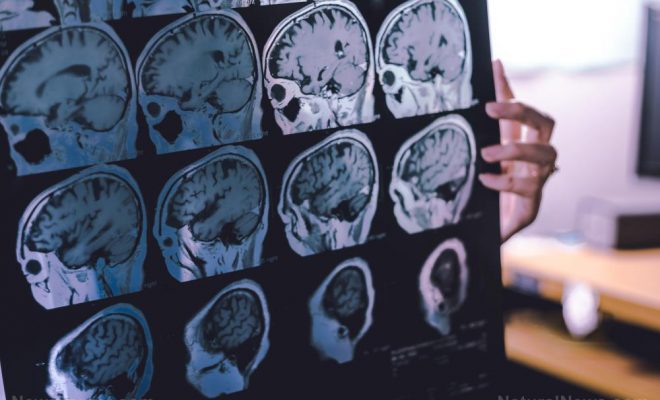Brain training app claims to improve concentration, but is it better than proper diet and an active lifestyle?

(Natural News) Cambridge researchers came up with a game app called “Decoder” that supposedly trains the brain of the player. They claimed that regularly playing the brain training game could improve the concentration of the user.
They developed the app in response to the decreasing attention spans of young people. Increasing amounts of technologies require fast reactions to electronic messages and splitting one’s attention between multiple projects at the same time. In turn, this leads to diminished concentration, and the problem becomes worse thanks to stress stemming from a global environment and constant travel, which causes jet lag and poor sleep.
The rise of smartphones has led to an increasing number of brain training apps. The developers of the programs claimed that they could improve concentration, memory, and other cognitive skills.
Decoder is the latest in the increasingly long line of such game apps. Devised by a team from the University of Cambridge based on their existing research, this brain training app supposedly activates a frontal-parietal network in the brain, thereby improving the attention and concentration of the user. (Related: Study proves you can stop vital memory erosion through holistic “Loci memory training’.)
Cambridge-designed brain training app supposedly improves attention and concentration
The Cambridge researchers held tests where participants played Decoder on electronic tablets. The results showed increases in the attention and concentration of the people playing the brain training app.
100% organic essential oil sets now available for your home and personal care, including Rosemary, Oregano, Eucalyptus, Tea Tree, Clary Sage and more, all 100% organic and laboratory tested for safety. A multitude of uses, from stress reduction to topical first aid. See the complete listing here, and help support this news site.
In the experiment, participants split up into three separate groups. The first group was assigned to play the brain training game, the second one got Bingo as their game, and the last group did not get any game.
The first and second groups played their own game under the supervision of the researchers. Each gaming session lasted for one hour. A total of eight sessions took place during the month-long trial period.
When the experiment began, the participants underwent testing for their attention and concentration. They tried to spot specific sequences of digits within a white box, which displayed semi-randomly chosen numbers at reasonably high speeds. When they spotted one of those sequences, they pushed a button. The test lasted around five minutes, and it repeated during the end of the experiment.
This smartphone app is no replacement for a healthy diet and lifestyle
The researchers reported finding a considerable difference between the attention spans of the members of each group. Those who played the Decoder brain training app appeared to display better attention than the Bingo players or the non-players.
Furthermore, the improvements in attention and concentration were comparable to the effects of chemical stimulants like methylphenidate (Ritalin) and nicotine. Ritalin is often the pharmaceutical drug of choice for treating attention deficit hyperactivity disorder.
“In addition to healthy people, we hope that the game will be beneficial for patients who have impairments in attention, including those with ADHD or traumatic brain injury,” said Cambridge researcher Barbara Sahakian. “We plan to start a study with traumatic brain injury patients this year.”
Like any other brain training game, Decoder runs on smartphones and tablets, the same mobile devices that contribute to the loss of attention and concentration in the first place. In effect, the brain training game only reduced the impact of the problem instead of eliminating the source.
A better and natural option for improving attention spans and concentration would be to make healthier lifestyle choices. People should reduce the amount of time they spend using electronic devices.
Instead, they should eat more foods that contain nutrients necessary for the natural health of the brain. They should also engage in physical activity like tai chi, which can improve cognitive function in older people.








